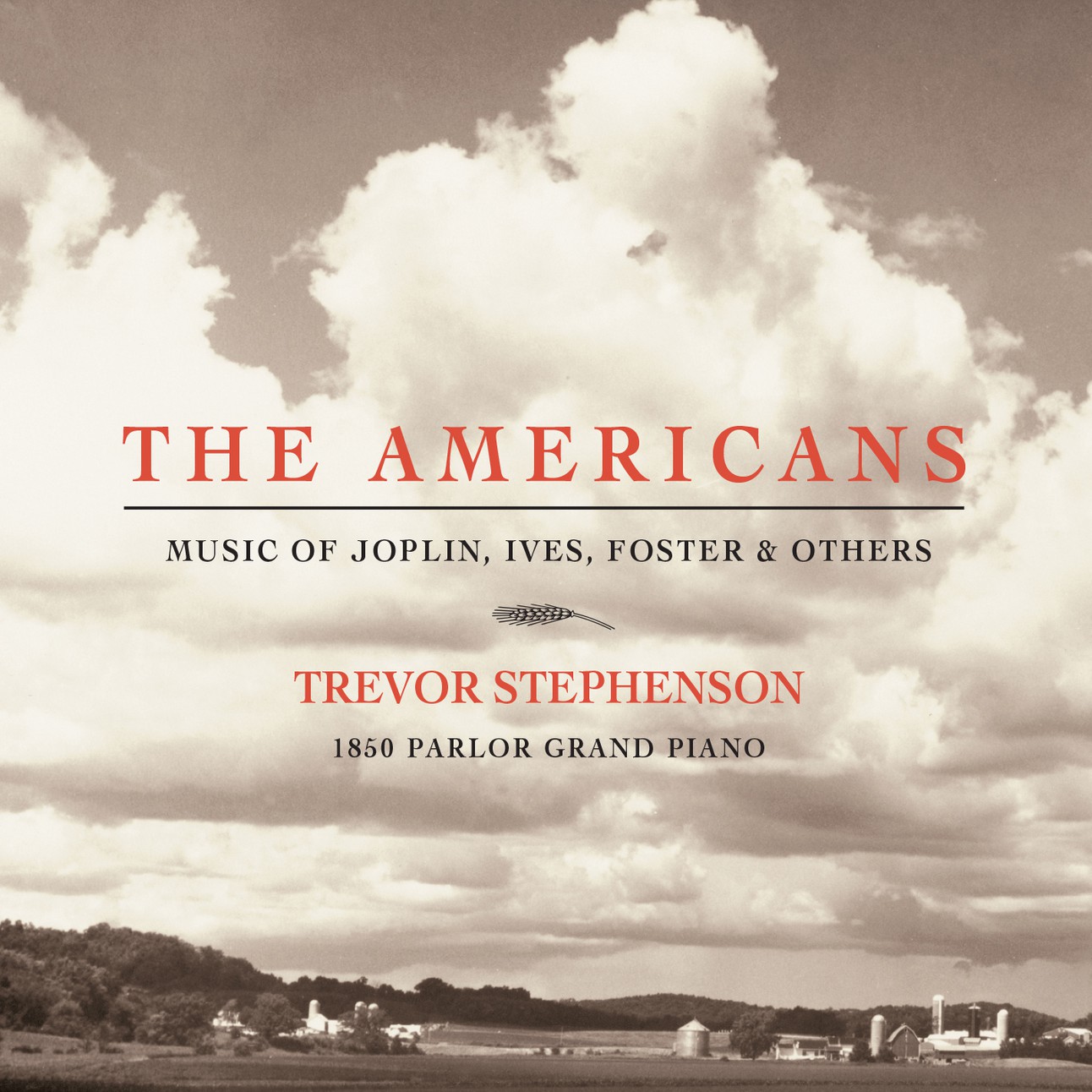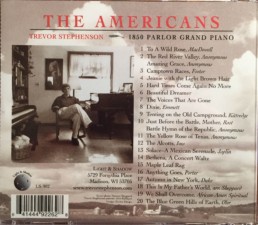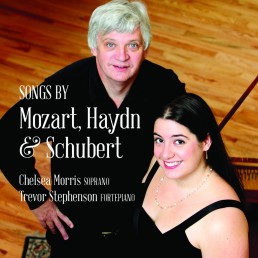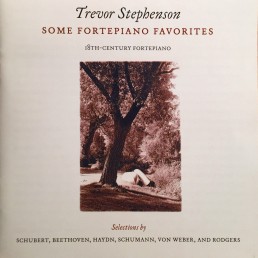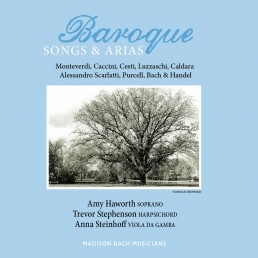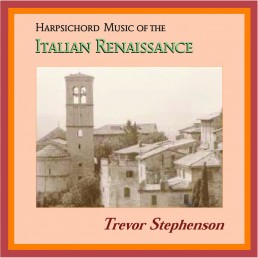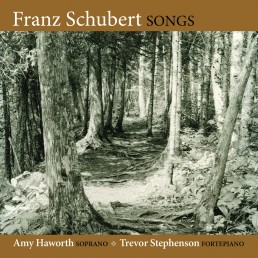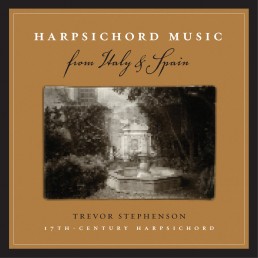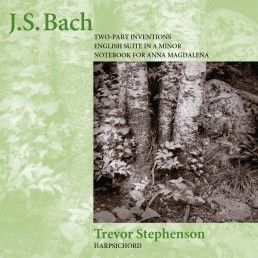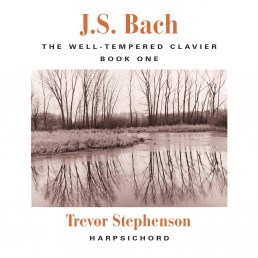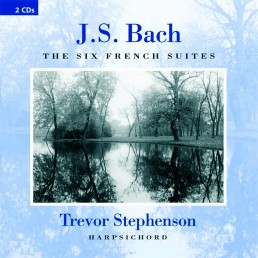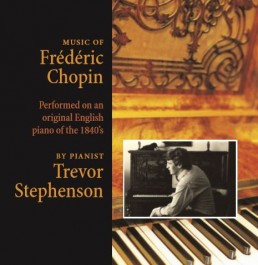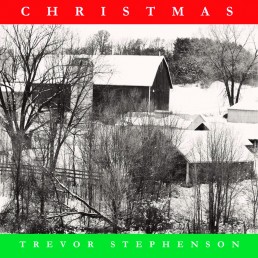Excerpt from the CD booklet essay by Trevor Stephenson:
This recording is a collection of some of my favorite American music. To me, all the pieces—with their idiomatic mixtures of delight, melancholy, truth, love, and sorrow—evoke times, places, and events of importance to us as a culture. And this process of historical summoning is enhanced, I believe, by the rich and mysterious sonorities of the nineteenth-century piano.
With the exceptions of three songs at the beginning and at the end, the ordering of the selections is fairly chronological. To A Wild Rose is a prelude, a sort of opening shot to the American movie. I see a single rose in an open, breezy field on a fine day in late summer. The tone and image of the piece suggest to me our cherished themes of individualism and the inspirational beauty of pristine nature. The Red River Valley is perhaps our best known song of love and parting. And Amazing Grace has become something of a national symbol for spiritual rebirth.
The Stephen Foster songs represent the pre-Civil War era with its beautifully doomed bi-polar struggle: increasingly short-lived delight in words, dance, and harmless adventure (Camptown Races) versus a stronger depressive strain of crushing nostalgia and attraction to death (Jeanie with the Light Brown Hair, Beautiful Dreamer, The Voices That Are Gone). Foster’s moment of equilibrium comes in Hard Times Come Again No More (reportedly his favorite among his own works), which balances recognition of troubles past with new hope for things to come.
